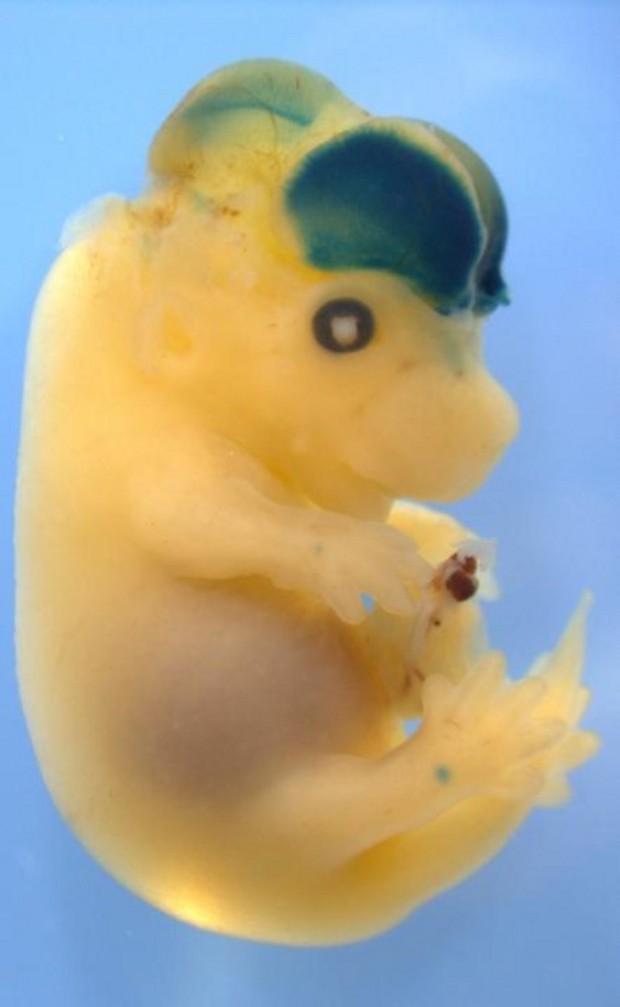The reason we humans - well, some of us - excel at abstract thinking and can solve complex math equations is that, while hard at work evolving, we took care of growing seriously big brains for ourselves.
The thing is that, thanks to Duke University scientists, it could happen that, one day, other creatures will too get to enjoy the perks of having a huge brain. That's right, we're talking super brainy mice, cats, dogs and whatnot.
No, this isn't crazy talk. Duke University researchers have already managed to grow mice embryos with freakishly big brains and their work is presented in detail in a report published in yesterday's issue of the journal Current Biology.
So, how did they do it?
To engineer their super brainy mice, the scientists behind this research project introduced regular embryos belonging to this species of rodents to the human version of a DNA sequence dubbed HARE5.
The researchers also toyed with a control group of mice embryos that, instead of being equipped with the human version of said DNA sequence, had HARE5 obtained from chimpanzees introduced in their growing bodies.
After a while, the specialists looked at how the mice embryos responded to being treated with the human and the chimpanzee version of the HARE5 DNA sequence, respectively.
They found that, when compared to the growing rodents that got genetic material originating from chimpanzees, the ones that received human genetic material had brains about 12% larger.
Even wackier, the scientists say that the brain region that was affected by the genetic material transfer was the neocortex. This is especially interesting because, in humans, the neocortex is involved in language and reasoning.
The experiments could transform medicine
Writing in the journal Current Biology, the Duke University scientists explain that the outcome of these experiments only goes to show that our brain power is due to very specific genetic transformations that our species experienced over the millennia.
“What we found is a piece of the genetic basis for why we have a bigger brain,” explains researcher Gregory Wray said. Furthermore, “It really shows in sharp relief just how complicated those changes must have been. This is probably only one piece - a little piece.”
Together with his colleagues, specialist Gregory Wray expects that, by bettering our understanding of the genetic particularities that make the human brain unique in the animal world, it might be possible to gain new insights into diseases like autism and Alzheimer’s.
Thus, the scientists suspect that the same differences that give us our unparalleled brain power might explain why we develop disorders like the aforementioned ones and species like, say, chimpanzee, don't.

 14 DAY TRIAL //
14 DAY TRIAL // 

